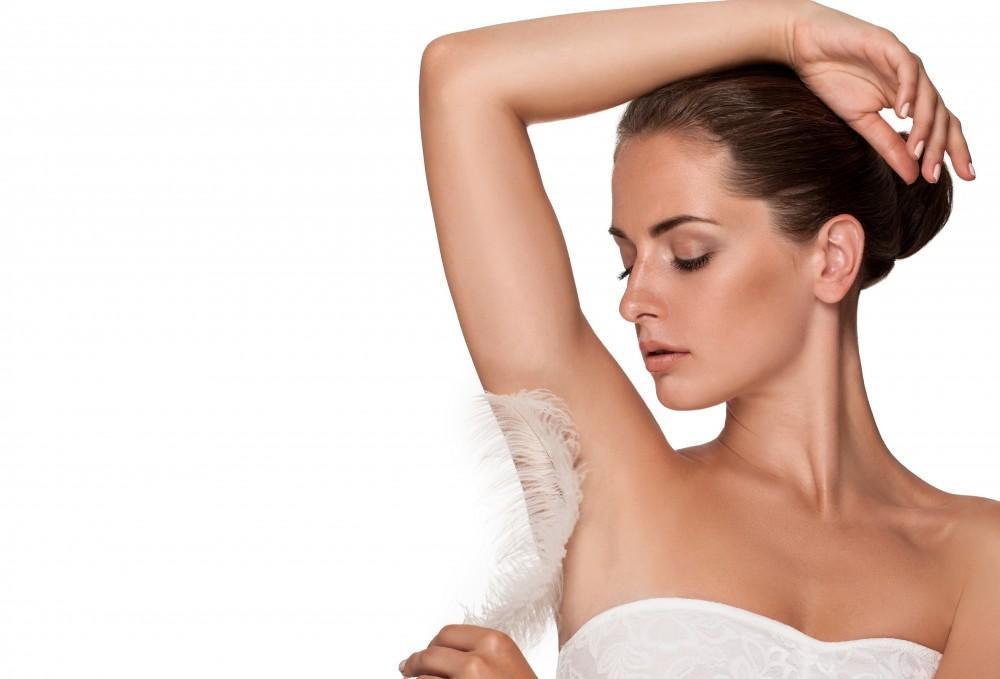How to Care for Your Skin After Laser Hair Removal

Laser hair removal is a popular treatment for both women and men, eliminating or dramatically reducing unwanted hair for skin thats smoother, softer, and sexier.
As with many aesthetic treatments, the key to enjoying the best possible results lies in choosing the right provider and taking steps to care for your skin after your treatment.
Soheila Rostami, MD, Joseph Davidson, MD, and the team at Rostami OPC are trusted providers of state-of-the-art laser hair removal, using a patient-centered approach to tailor treatment to each patients goals, skin type, and other factors.
Take a moment to explore some helpful tips for supporting your skin after treatment.
Avoid (or at least limit) sun exposure
Although laser hair removal is completely safe for your skin, it can be extra susceptible to the effects of ultraviolet (UV) radiation.
After each laser hair removal session, its important to limit direct sun exposure when possible. That means aiming to stay inside during the late morning to late afternoon when the UV rays are strongest. When you must be outdoors, head for the shade.
Wear sunscreen
Ideally, youre slathering on sunscreen every day, all year round. But if youre not, then its even more important to apply it to your treated skin during the weeks following treatment.
Look for a sunscreen with an SPF of 30 or more; our team can recommend one thats right for your skin. And wear lightweight clothing to add another layer of protection while youre out and about.
Use moisturizer
Some people may find their skin feels somewhat dry or irritated for a little while after laser hair removal. A gentle moisturizer can help eliminate these symptoms, while also keeping your skin soft, supple, and protected.
Limit hot water exposure
Hot water from saunas or long, relaxing baths might feel great on your muscles, but it can quickly dry out your skin. If your skin is already a little sensitive from laser treatments, the effect can be magnified.
Avoiding hot water or steam for at least a couple of weeks after your treatment can help prevent overdrying and irritation.
Use cool compresses or ice packs
Immediately after your laser session, your skin may be sore and pinkish. Using cold compresses or ice packs helps soothe skin and reduce irritation.
Skip tight clothing
Likewise, wearing binding clothing in the days following your treatment can increase irritation by rubbing against sensitive skin. Skip the tight clothing and give your skin time to recover.
Stay hydrated
Your skin (in fact, your whole body) needs plenty of water to stay healthy. Moisture also improves your skins natural barrier.
While drinking plenty of water is always a good idea, make an extra effort to get those daily eight glasses in the days after your treatment to help your skin replenish its natural moisture content.
Keep skin care gentle
This is another step thats important for your skin regardless of whether you have laser hair removal. Gentle skin care products help protect your skin and maintain its natural protective barrier.
Not sure which products are right for your skin? Our team can recommend products during your session.
Schedule your treatment sessions now
Laser hair removal treatments need to be administered during a hairs active growth phase. Since individual hairs follow different growth cycles, youll need more than one session to get the results you want. Scheduling now gives you plenty of time to accommodate future sessions without interfering with your summertime plans.
To learn more about laser hair removal or to schedule a consultation at our offices in Reston and Dulles, Virginia, call or book an appointment online with the team at Rostami OPC today.
